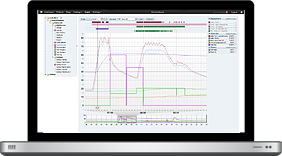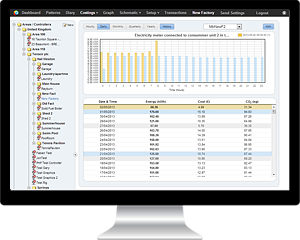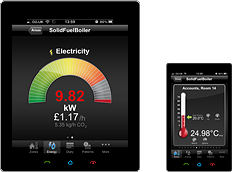Industry to become more energy efficient, study reveals
 The overall levels of energy efficiency in industry are set to improve significantly until 2050, a new study has been able to reveal.
The overall levels of energy efficiency in industry are set to improve significantly until 2050, a new study has been able to reveal.
The study, entitled: ‘Energy efficiency and energy saving potential in industry and on possible policy mechanisms’, revealed that in the decades up to 2050, only iron and steel and chemicals and pharmaceuticals are predicted to increase their energy consumption in the context of significant production growth and constant energy intensity improvement.
Energy intensity is predicted to remain flat for non-metallic minerals such as ceramics, cement and glass. For non-ferrous metals, energy consumption is also expected to remain flat. The study noted the EU’s strong trend in the production of secondary metal through recycling and recovering useful scrap metal.
The food and drink sector, meanwhile, is expected to continuously improve its productivity and high standards for food safety and quality, resulting in declining energy consumption even as production continues to grow.
HeatingSave – helping drive energy efficiency in homes and businesses
Building Energy Management Systems are capable of delivering extensive monitoring and control options, compared to basic controls. They typically employ data from a variety of sources (boiler flow and return sensors, internal and external temperature sensors, occupancy sensors, humidity sensors, etc.), and enable the perfect optimization of a building’s boiler-based central heating system.
If you’d like to find out more about the savings enabled by the HeatingSave Building Energy Management System, just contact our dedicated product team, they’ll be more than happy to answer all of your questions and queries.






